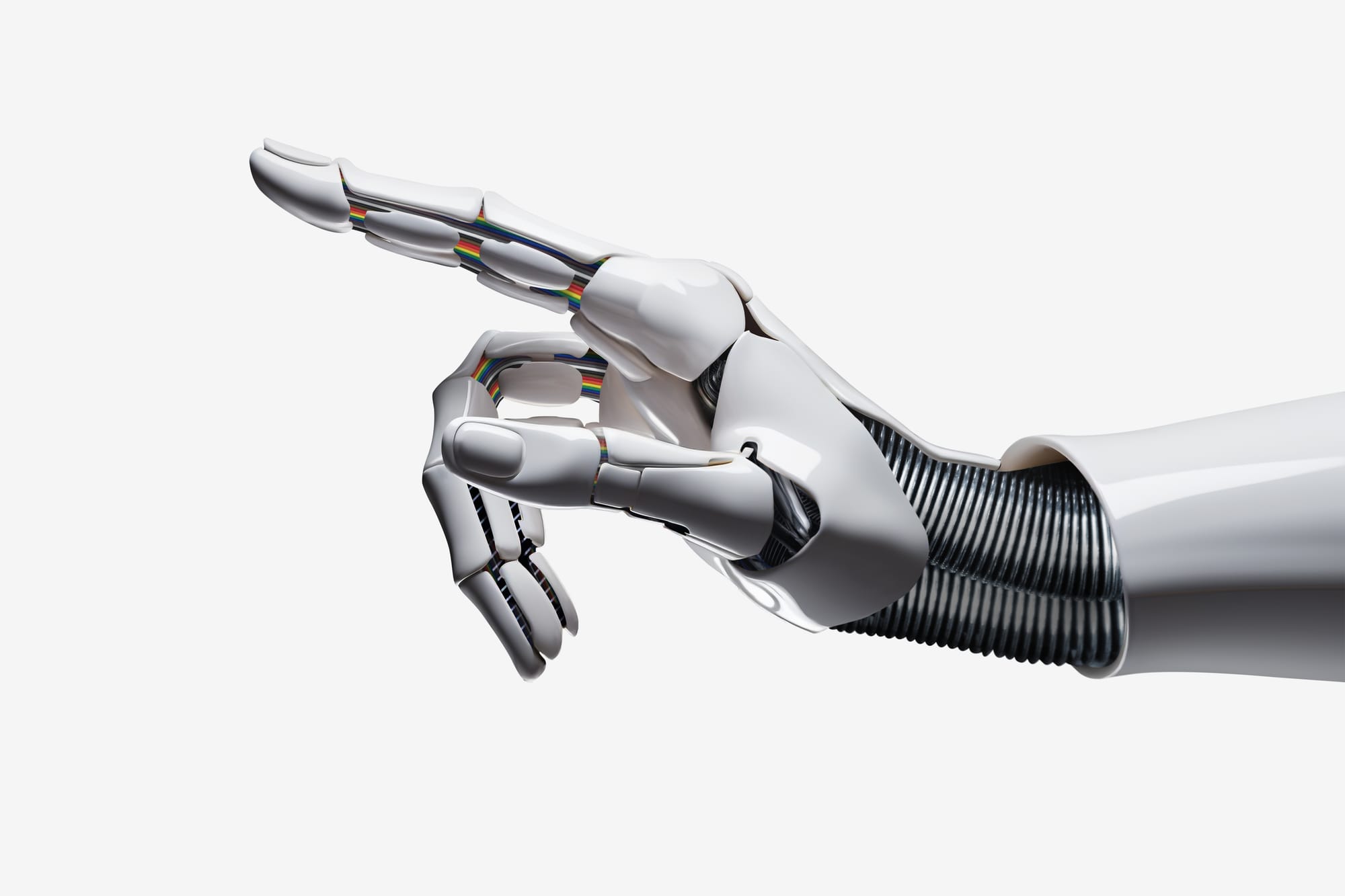THE FUTURE STRATGIC TECH TRENDS FOR 2025 - AN OAS OVERVIEW

Navigating the Future: Strategic Tech Trends for 2025
As we move toward 2025, it is imperative to comprehend the technological innovations and trends poised to shape our future. Advancements in artificial intelligence (AI) and the evolution of the Internet of Things (IoT) are among the developments that will fundamentally transform our interactions with the surrounding world. Below are the key strategic technology trends OAS anticipate to impact various sectors by 2025:
- AI-Enhanced Processes
Artificial intelligence continues to be at the forefront of technological advancements. By 2025, AI is expected to be deeply integrated into both daily business operations and personal activities. AI's capability to analyze large sets of data rapidly and with high accuracy will enhance decision-making processes and efficiency across many industries.
- Ubiquitous Computing
The boundary between digital and physical worlds continues to blur, thanks to ubiquitous computing. This trend sees the integration of computing capabilities into everyday objects and activities. Smart homes, wearable health monitors, and smart cities are just a few examples where ubiquitous computing will become more prevalent by 2025.
- Advanced Robotics
Rapid advancements in robotics technology are poised to change various industries profoundly. In healthcare, robots will perform complex surgeries with greater precision. In logistics and manufacturing, robots will automate many processes, reducing the need for human labor and increasing efficiency.
- Quantum Computing
Quantum computing, still in its infancy, is likely to gain significant ground by 2025. As researchers solve complex problems related to its scalability and reliability, quantum computers will begin impacting industries like cryptography, materials science, and complex system modeling, offering solutions much faster than traditional computers.
- Augmented and Virtual Reality (AR/VR)
The lines between reality and digital simulation will further blur with advancements in AR and VR technologies. These tools will not only enhance gaming experiences but also transform educational and training programs, allowing for immersive experiences that mimic real-life scenarios more closely.
- Blockchain Beyond Cryptocurrency
While blockchain is synonymous with cryptocurrencies, by 2025 it will see broader applications in areas such as supply chain management, intellectual property rights, and secure personal identity verification. Its ability to provide transparent, tamper-proof records makes it suitable for any transaction of value.
- 5G and Advanced Network Capabilities
As 5G networks become more widespread, the increased speed and connectivity will enable a new wave of digital experiences and services. This will particularly impact mobile internet services and the development of new "smart" infrastructure, capable of supporting real-time data exchanges in urban settings.
- Green Tech Innovations
Environmental technology will continue to grow in importance by 2025 as businesses and governments seek sustainable practices. Innovations in renewable energy technologies, waste management, and sustainable agricultural practices will play vital roles in combating climate change and promoting environmental sustainability.
- Personalized and Predictive Medicine
Thanks to the convergence of genomics, AI, and biotechnology, personalized medicine will become more mainstream. By analyzing individual genetic profiles, medical treatments in 2025 will be more predictive and personalized, dramatically increasing efficacy and optimizing health outcomes.
- Cybersecurity Advancements
With the increase in digital data and networked devices, robust cybersecurity measures will become more critical than ever. Cybersecurity in 2025 will feature advanced machine learning algorithms capable of predicting and neutralizing threats before they can cause harm.
In conclusion, the year 2025 is set to be a landmark year for technological advancement and integration. As these technologies develop and become more ingrained in our everyday lives, they will offer incredible opportunities and challenges. Organizations and individuals alike must prepare to adapt to these changes, leveraging these advancements to foster growth and innovation.